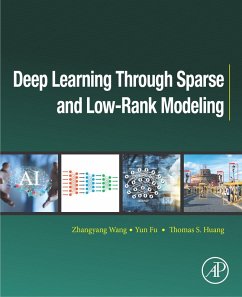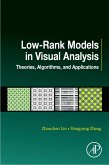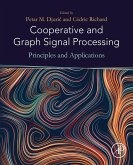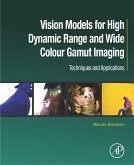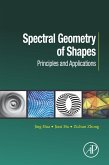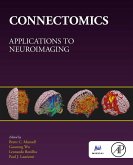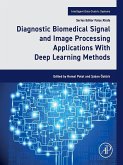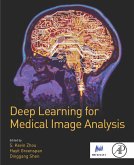This book will be highly useful for researchers, graduate students and practitioners working in the fields of computer vision, machine learning, signal processing, optimization and statistics.
- Combines classical sparse and low-rank models and algorithms with the latest advances in deep learning networks
- Shows how the structure and algorithms of sparse and low-rank methods improves the performance and interpretability of Deep Learning models
- Provides tactics on how to build and apply customized deep learning models for various applications
Dieser Download kann aus rechtlichen Gründen nur mit Rechnungsadresse in A, B, BG, CY, CZ, D, DK, EW, E, FIN, F, GR, HR, H, IRL, I, LT, L, LR, M, NL, PL, P, R, S, SLO, SK ausgeliefert werden.

